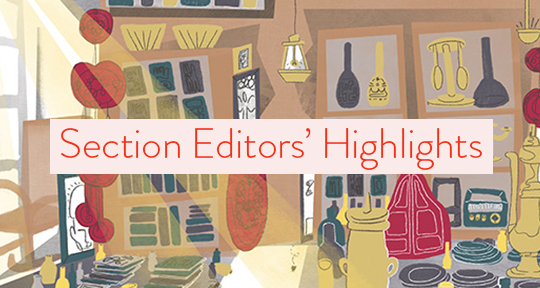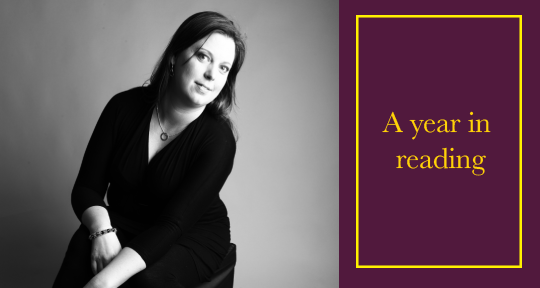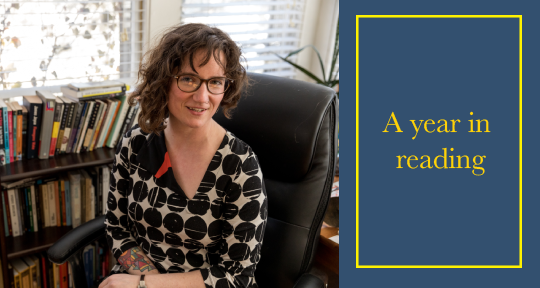The Book of Eels by Patrik Svensson, translated from the Swedish by Agnes Broomé, HarperCollins, 2020
The full English title of Swedish arts and culture journalist Patrik Svensson’s debut book is spot on: The Book of Eels: Our Enduring Fascination with the Most Mysterious Creature in the Natural World. The original Swedish subtitle lacks “Our Enduring Fascination” and simply states “The Story of the Most Mysterious Creature in the World.” I like the English title better, because it’s that detail, the fact that the book is not just about eels, but also about us humans, our interest in the eels, and why they should matter to us, that makes this book about a slimy, snake-like water-creature relevant.
Maybe you don’t think that you could be interested in a full-length book about every conceivable fact about eels. I certainly didn’t know I could be that interested until the buzz hit the Swedish literary scene last fall. It wasn’t just the book reviews, the author interviews, or the literary podcasts that kept turning their attention to The Book of Eels—Svensson was also awarded the August Prize, Sweden’s most prestigious literary award. And it didn’t stop there; even before the year ended, The Book of Eels had been sold to over thirty other countries. When I first heard about The Book of Eels, I could see why it stirred interest, because the subject matter is unconventional. So, what is the buzz all about? Well, for being a book about scientific, historic, and philosophical facts, it’s put together and presented in a prose that is easy to follow, even if you don’t typically read about the science of the bottom of the ocean or the ancient Greek origin of the scientific method. This is how Svensson depicts the Sargasso Sea:
The water is deep blue and clear, in places very nearly 23,000 feet deep, and the surface is carpeted with vast fields of sticky brown algae called Sargassum, which give the sea its name. Drifts of seaweed many thousands of feet across blanket the surface, providing nourishment and shelter for myriad creatures: tiny invertebrates, fish and jellyfish, turtles, shrimp, and crabs. Farther down in the deep, other kinds of seaweed and plants thrive. Life teems in the dark, like a nocturnal forest.
And so, with that nocturnal forest, Svensson establishes the centre stage for the Anguilla anguilla, the European eel, while simultaneously teaching us about the natural world and drawing us into his narrative. READ MORE…






